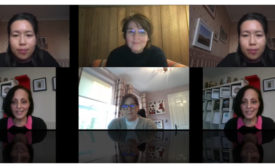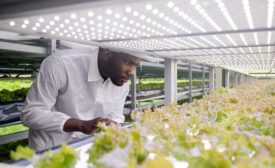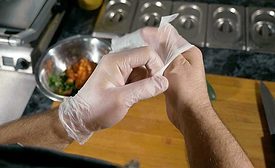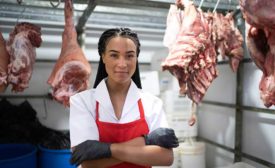Management
Using Frontline Feedback to Nudge Food Safety Culture Improvements
The objective for an organization wanting to improve its food safety culture is to find ways to nudge and make incremental improvements
April 10, 2023
Is CEA a Safer Way to Grow and Process RTE Vegetables?
The risk profile of CEA must be compared to that of other RTE produce to explore the question of safety in CEA operations
April 10, 2023
The Importance of Third-Party Gap Assessment for a Food Safety Management Program
An unbiased gap assessment of a foodservice business' FSMP should be performed by a third party, using a defined set of standards for each business function
April 10, 2023
Transferring Needed Experience and Skills to the Next Generation
Generational changes, as part of normal turnover in a company, catalyze the need for knowledge transfer—but how can this best be accomplished?
April 10, 2023
Never miss the latest news and trends driving the food safety industry
eNewsletter | Website | eMagazine
JOIN TODAY!Copyright ©2025. All Rights Reserved BNP Media.
Design, CMS, Hosting & Web Development :: ePublishing











